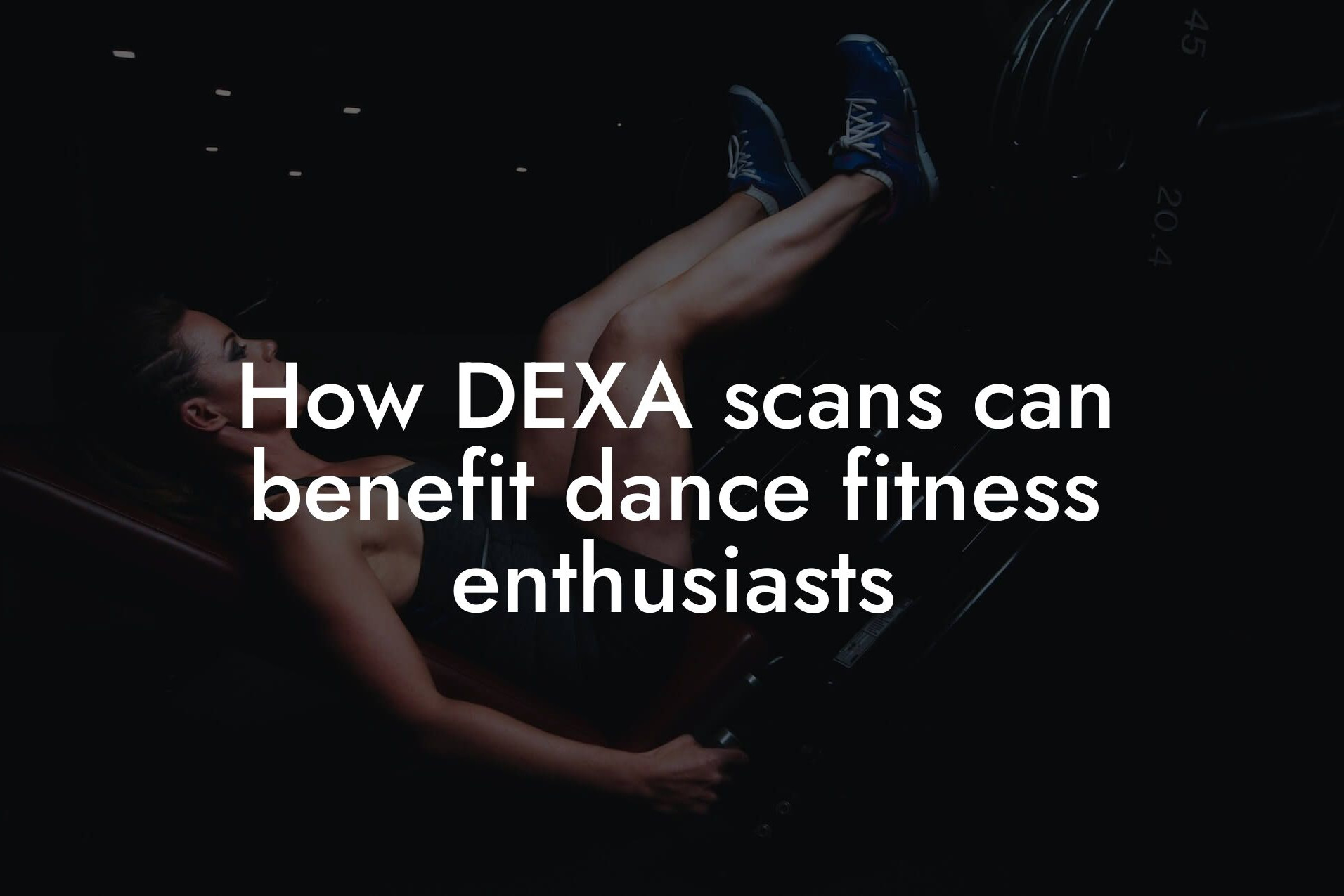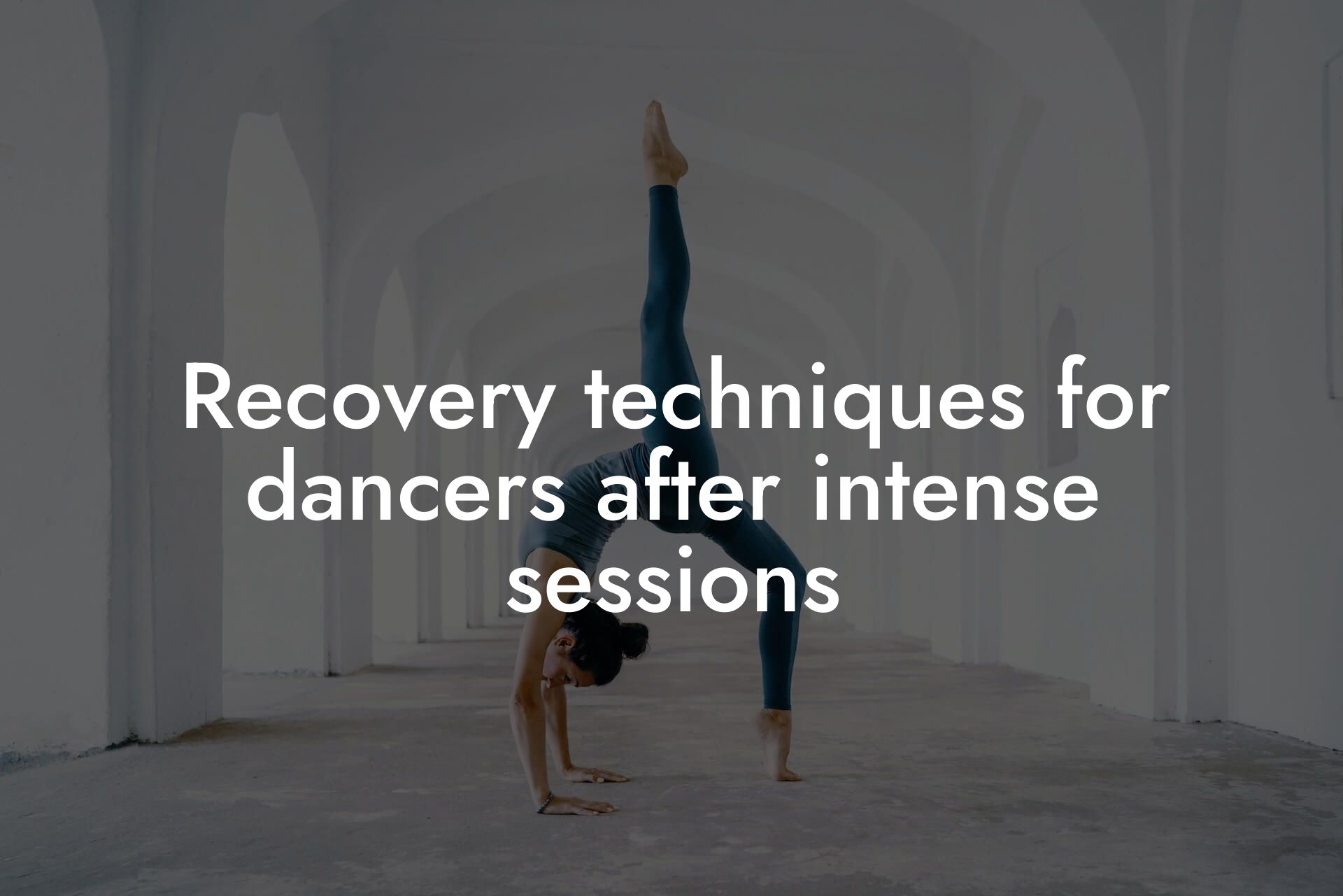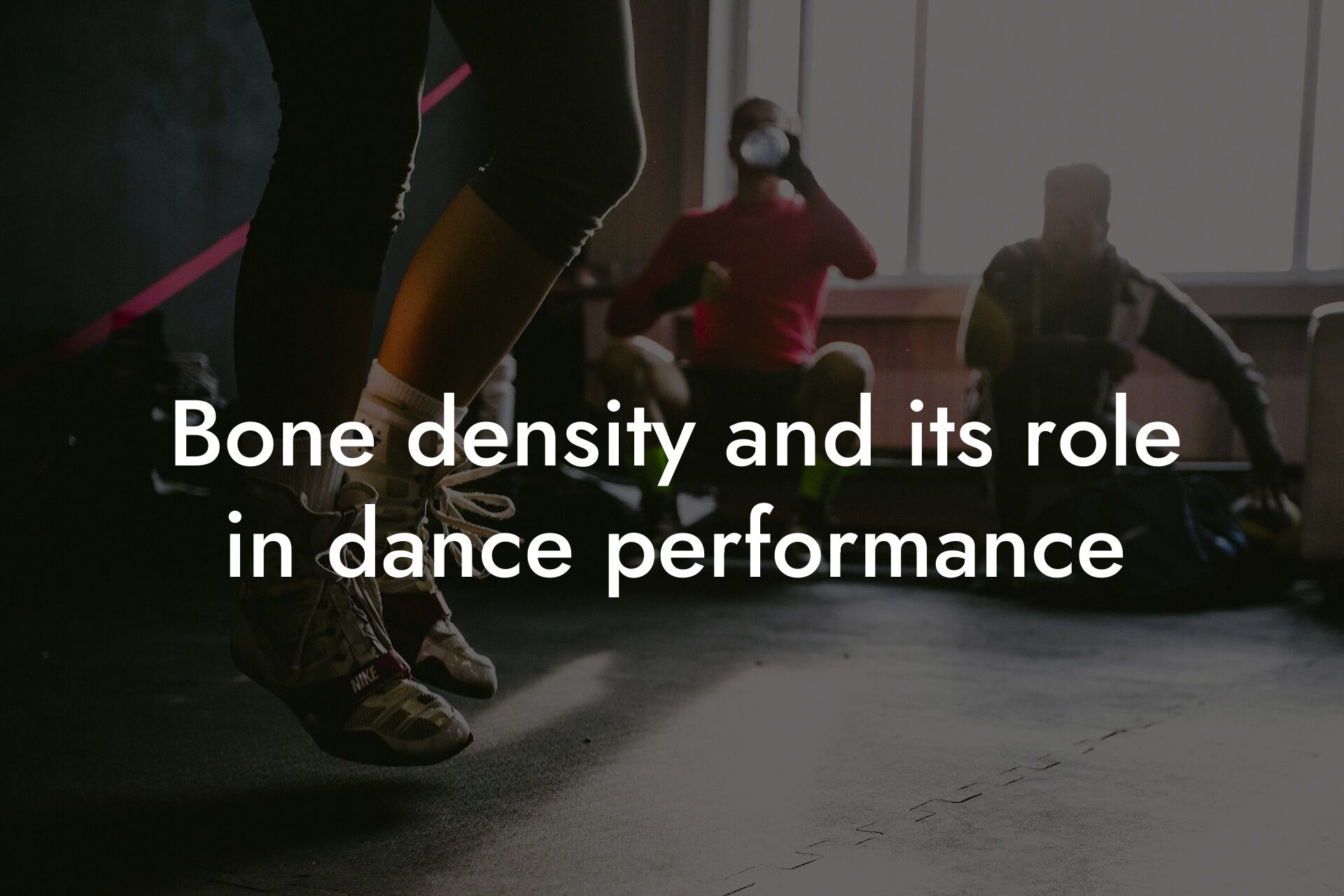As a high-earning professional, you understand the importance of maintaining a healthy and toned physique. Dance classes are an excellent way to stay active, improve flexibility, and boost overall well-being. However, to get the most out of your dance classes, it's essential to fuel your body with the right nutrients. In this article, we'll provide you with expert nutrition tips to help you maintain sustained energy throughout your dance classes.
Table of Contents
- Understanding Energy Needs for Dance Classes
- Macronutrient Balance for Energy
- Hydration for Optimal Performance
- Pre-Dance Meal Strategies
- Snacking for Energy Boosts
- Post-Dance Recovery Nutrition
- Electrolyte Balance for Optimal Performance
- Personalized Nutrition Planning for Dance Classes
- Frequently Asked Questions
Understanding Energy Needs for Dance Classes
Dance classes require a combination of strength, endurance, and flexibility. As a dancer, you need to be able to sustain energy levels throughout the class, which can last anywhere from 45 minutes to several hours. Your energy needs depend on factors such as the type of dance, intensity level, and individual factors like age, weight, and fitness level. A general rule of thumb is to aim for a daily caloric intake of 15-20% above your resting metabolic rate to support energy needs for dance classes.
Macronutrient Balance for Energy
A balanced diet that includes the right mix of macronutrients is essential for sustained energy. The three primary macronutrients are carbohydrates, protein, and fat. For dance classes, aim for a balanced diet that consists of:
- 55-65% of daily calories from complex carbohydrates like whole grains, fruits, and vegetables
- 15-20% of daily calories from lean protein sources like lean meats, fish, eggs, and dairy
- 20-25% of daily calories from healthy fats like nuts, seeds, avocados, and olive oil
Hydration for Optimal Performance
Adequate hydration is crucial for dance classes. Water makes up about 60% of your body weight and plays a vital role in regulating body temperature, lubricating joints, and transporting nutrients. Aim to drink at least 8-10 glasses of water per day, and make sure to drink water before, during, and after your dance classes.
Pre-Dance Meal Strategies
The meal you eat before your dance class can significantly impact your energy levels. Aim to eat a balanced meal that includes complex carbohydrates, lean protein, and healthy fats about 1-2 hours before your class. Some examples of pre-dance meals include:
- Oatmeal with banana, almond butter, and honey
- Grilled chicken breast with quinoa and steamed vegetables
- Whole-grain toast with avocado and scrambled eggs
Snacking for Energy Boosts
Snacking between meals can help maintain energy levels throughout your dance class. Opt for snacks that are high in complex carbohydrates and protein, and low in added sugars and unhealthy fats. Some examples of healthy snacks include:
- Fresh fruits like apples, bananas, or berries
- Nuts and seeds like almonds, cashews, or pumpkin seeds
- Energy bars made with wholesome ingredients like nuts, seeds, and dried fruits
Post-Dance Recovery Nutrition
After your dance class, it's essential to refuel your body with the right nutrients to aid in recovery. Aim to eat a meal or snack that includes a mix of carbohydrates and protein within 30-60 minutes after your class. This can help promote muscle recovery, reduce muscle soreness, and replenish energy stores. Some examples of post-dance meals include:
- Chocolate milk with protein powder and banana
- Greek yogurt with honey and mixed berries
- Smoothie bowl with frozen berries, spinach, almond milk, and almond butter
Electrolyte Balance for Optimal Performance
Electrolytes like sodium, potassium, and magnesium play a crucial role in regulating fluid balance, nerve function, and muscle contractions. During dance classes, you lose electrolytes through sweat, which can lead to fatigue, cramping, and dizziness. To maintain electrolyte balance, aim to consume electrolyte-rich foods and drinks like:
- Coconut water or sports drinks
- Bananas or avocados for potassium
- Nuts and seeds like almonds or pumpkin seeds for magnesium
Personalized Nutrition Planning for Dance Classes
Every dancer is unique, and what works for one person may not work for another. At Tano Performance Group, we understand the importance of personalized nutrition planning. Our team of experts uses cutting-edge technology like DEXA machines to provide comprehensive body assessments and create customized nutrition plans tailored to your specific needs and goals. By working with us, you can optimize your nutrition plan to achieve sustained energy, improved performance, and a stronger, leaner physique.
Frequently Asked Questions
What are the best foods to eat before a dance class?
As a dancer, it's essential to fuel your body with the right foods to maintain energy levels throughout your class. Opt for complex carbohydrates such as whole grain bread, brown rice, and fruits, paired with lean protein sources like chicken, fish, or tofu. Avoid heavy meals and opt for a light snack or meal 1-2 hours before class.
How much water should I drink before and during a dance class?
Adequate hydration is crucial for optimal performance. Aim to drink at least 8-10 glasses of water per day, and make sure to drink 1-2 glasses of water 30 minutes before class. During class, take regular breaks to sip on water to replenish lost electrolytes and prevent dehydration.
What are some healthy snack options to bring to a dance class?
As a dancer, you need snacks that are easy to digest and provide a quick energy boost. Some healthy options include nuts, dried fruits, energy bars, and fresh fruits like bananas or apples. Avoid sugary or caffeinated drinks that can cause energy crashes later.
Can I eat a heavy meal before a dance class?
It's best to avoid heavy meals before a dance class as they can cause digestive discomfort, bloating, and fatigue. Instead, opt for a light snack or meal that's easy to digest, and save your heavy meal for after class when your body needs to refuel.
How can I prevent muscle cramps during a dance class?
Muscle cramps can be prevented by staying hydrated, eating foods rich in potassium like bananas, and incorporating stretching exercises into your routine. Additionally, make sure to warm up properly before class and take regular breaks to stretch and move your body.
What are some natural energy-boosters for dance classes?
Instead of relying on energy drinks or caffeine, try natural energy-boosters like bee pollen, ginseng, or coconut water. You can also try incorporating adaptogenic herbs like ashwagandha or rhodiola into your diet to help manage stress and increase energy levels.
Can I dance on an empty stomach?
While it's not recommended to dance on a completely empty stomach, a light snack or meal can help provide energy and prevent lightheadedness. However, if you're dancing for an extended period, it's best to eat a balanced meal 1-2 hours before class to ensure you have enough energy reserves.
How can I recover after a dance class?
After a dance class, it's essential to refuel your body with a balanced meal that includes protein, complex carbohydrates, and healthy fats. Additionally, make sure to stretch and foam roll to help reduce muscle soreness and improve recovery.
What are some common nutrition mistakes dancers make?
Some common nutrition mistakes dancers make include not eating enough, relying on energy drinks or caffeine, and not staying hydrated. Additionally, dancers may not be getting enough protein, healthy fats, or complex carbohydrates, leading to energy crashes and poor performance.
How can I customize my diet for my specific dance style?
Depending on your dance style, you may need to adjust your diet accordingly. For example, if you're a high-intensity dancer, you may need more protein and complex carbohydrates to support muscle growth and energy production. Consult with a registered dietitian or nutritionist to create a personalized meal plan.
Can I take supplements to improve my dance performance?
While supplements can be helpful, it's essential to consult with a healthcare professional before adding any new supplements to your diet. Some supplements like protein powder, creatine, and branched-chain amino acids (BCAAs) can be beneficial for dancers, but always prioritize a balanced diet over supplements.
How can I stay energized during long dance rehearsals?
To stay energized during long dance rehearsals, make sure to eat small, frequent meals or snacks that include complex carbohydrates, protein, and healthy fats. Avoid sugary or caffeinated drinks, and take regular breaks to stretch and move your body.
What are some healthy breakfast options for dancers?
As a dancer, you need a breakfast that's high in protein, complex carbohydrates, and healthy fats to provide sustained energy. Some healthy options include oatmeal with nuts and fruit, scrambled eggs with whole grain toast, or Greek yogurt with berries and honey.
Can I dance with a hangover?
While it's not recommended to dance with a hangover, if you do find yourself in this situation, make sure to stay hydrated by drinking plenty of water and electrolyte-rich drinks. Additionally, eat a light meal or snack that's easy to digest, and take regular breaks to rest and recover.
How can I prevent fatigue during dance classes?
To prevent fatigue during dance classes, make sure to get enough sleep, eat a balanced diet, and stay hydrated. Additionally, take regular breaks to stretch and move your body, and prioritize proper warm-up and cool-down exercises to prevent injury.
What are some healthy lunch options for dancers?
As a dancer, you need a lunch that's high in protein, complex carbohydrates, and healthy fats to provide sustained energy. Some healthy options include grilled chicken or fish with quinoa and vegetables, whole grain wraps with lean turkey or avocado, or lentil soup with whole grain bread.
Can I eat too much protein as a dancer?
While protein is essential for muscle growth and repair, eating too much protein can put a strain on your kidneys and liver. As a general rule, aim to consume 1-1.5 grams of protein per kilogram of body weight, and prioritize lean protein sources like chicken, fish, and tofu.
How can I stay motivated to eat healthy as a dancer?
To stay motivated to eat healthy as a dancer, set specific goals for yourself, such as improving your energy levels or reducing body fat. Additionally, find healthy recipes online, meal prep with friends, and celebrate small victories along the way.
What are some healthy snack options for dancers on-the-go?
As a dancer, you need snacks that are easy to digest and provide a quick energy boost. Some healthy options include energy balls made with oats and nuts, trail mix with dried fruits and nuts, or protein smoothies with Greek yogurt and berries.
Can I eat before bed as a dancer?
While it's generally recommended to avoid eating before bed, as a dancer, you may need a light snack to help with recovery and muscle repair. Opt for a small serving of complex carbohydrates and protein, such as a banana with almond butter or a small serving of cottage cheese.
How can I monitor my nutrition as a dancer?
To monitor your nutrition as a dancer, keep a food diary or use a mobile app to track your daily food intake. Additionally, work with a registered dietitian or nutritionist to create a personalized meal plan and monitor your progress.
What are some common nutrition myths for dancers?
Some common nutrition myths for dancers include the idea that you need to be skinny to be a good dancer, or that you need to cut out entire food groups to achieve a certain body type. Additionally, some dancers may believe that they need to eat as little as possible to maintain a certain weight, which can lead to energy crashes and poor performance.
How can I fuel my body for optimal dance performance?
To fuel your body for optimal dance performance, prioritize a balanced diet that includes complex carbohydrates, lean protein, and healthy fats. Additionally, stay hydrated, get enough sleep, and take regular breaks to stretch and move your body.
Here are some related articles you might love...
- How DEXA scans can benefit dance fitness enthusiasts
- Recovery techniques for dancers after intense sessions
- Bone density and its role in dance performance
- The impact of body composition on dance fitness performance
- Balancing strength, flexibility, and grace in dance fitness
- Reducing body fat for improved flexibility and agility in dance
- The role of dance in cardiovascular health
- Maintaining muscle tone and endurance in dance fitness
- Strength training tips to complement your dance fitness routine
Zak Faulkner
Zak Faulkner is a leading authority in the realm of physical health and body composition analysis, with over 15 years of experience helping professionals optimise their fitness and well-being. As one the experts behind Tano Performance Group, Zak has dedicated his career to providing in-depth, science-backed insights that empower clients to elevate their physical performance and overall health.
With extensive knowledge of DEXA technology, Zak specializes in delivering comprehensive body assessments that offer precise data on body fat, muscle mass, bone density, and overall physique. His expertise enables individuals to make informed decisions and achieve their fitness goals with accuracy and confidence. Zak’s approach is rooted in a deep understanding of human physiology, combined with a passion for helping clients unlock their full potential through personalised strategies.
Over the years, Zak has earned a reputation for his commitment to excellence, precision, and client-focused service. His guidance is trusted by top professionals who demand the best when it comes to their health. Whether advising on fitness programs, nutritional strategies, or long-term wellness plans, Zak Faulkner’s insights are a valuable resource for anyone serious about taking their health and fitness to the next level.
At Tano Performance Group, Zak continues to lead our Content Team revolutionising how professionals approach their physical health, offering unparalleled expertise that drives real results.




